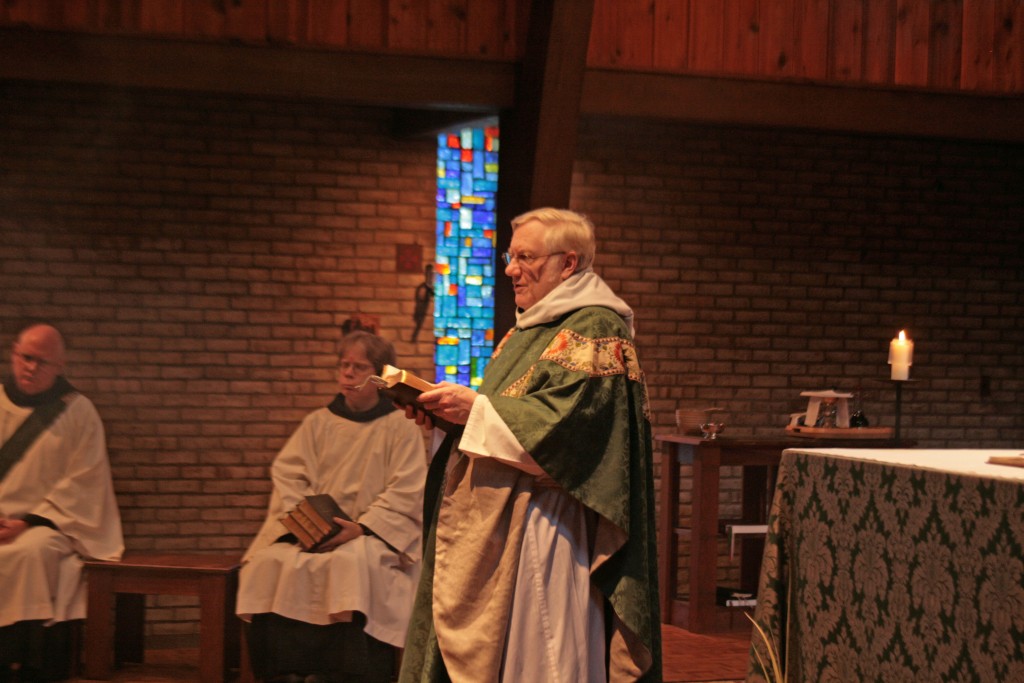Ecless 1:2, 12-14,2:18-20
Col 3:1-11
Luke 12:13-21
August 4, 2019 Abbey Church Abraham
“We came into this life unsheltered and all alone. That’s how we came and for sure that’s how we go out.*” That’s what the great theologian Grace Slick sings, and she’s right. And she’s not being sad about it, and Solomon (the author of our first reading this morning) needs to listen to her and cheer up. Things don’t last. People don’t last. So it is all the more important that we love the things and the people around us while we can, because some day, they will be gone, and we will be gone.
Things are good, because they are made by God. But things aren’t God, so as much as we should love the things and people around us, we should love God even more, because God will last. In fact, God’s being is infinitiely more than our being, so we should love God infinitely more than things. More than that, because God’s being is of such a different order than our being, we should love God in a different way of loving than we love people and things.
The more we love God, the more we realize the goodness of the world God has made, and the more we realize that everything receives its integrity and legitimacy solely from God, never from us. Everything is a gift from God. In the eyes of the universe, we have no rights to anything – everything is a gift. So we take it, love it, take care of it for awhile, and then give it back with joy and gratitude.
There is no need for greed or fear. The world does not need to function the way we insist that is does. We are just riding along the edges of creation along with everything else, swirling around God. When we try to make ourselves the center and have things swirl around us, it only causes dangerous eddies that hurt us and the people around us.
So, love deeply and let go gratefully. “We came into this life unsheltered and all alone. That’s how we came and for sure that’s how we go out.” AMEN
* “That’s For Sure” from the 1974 album DRAGONFLY by Jefferson Starship
